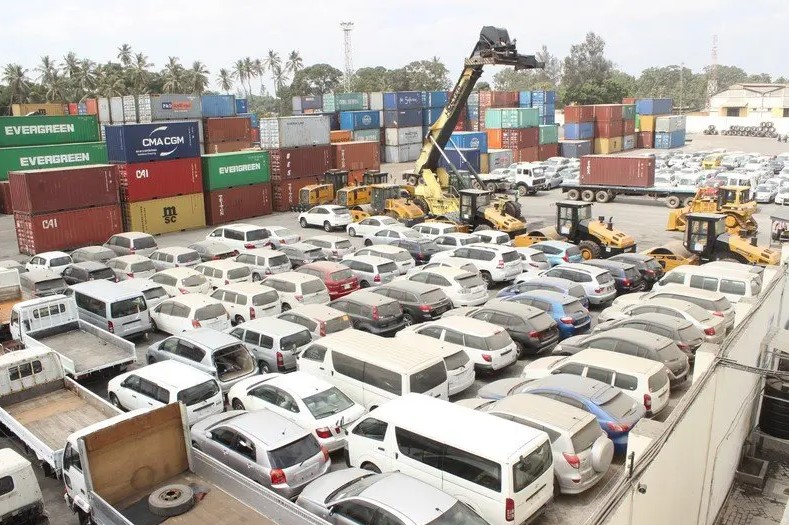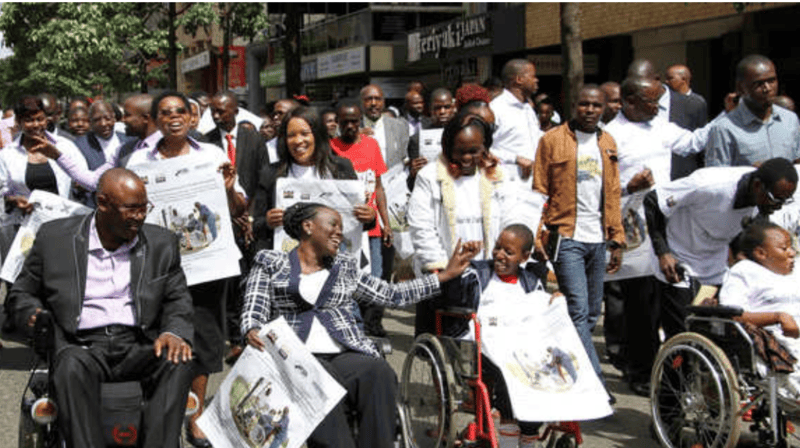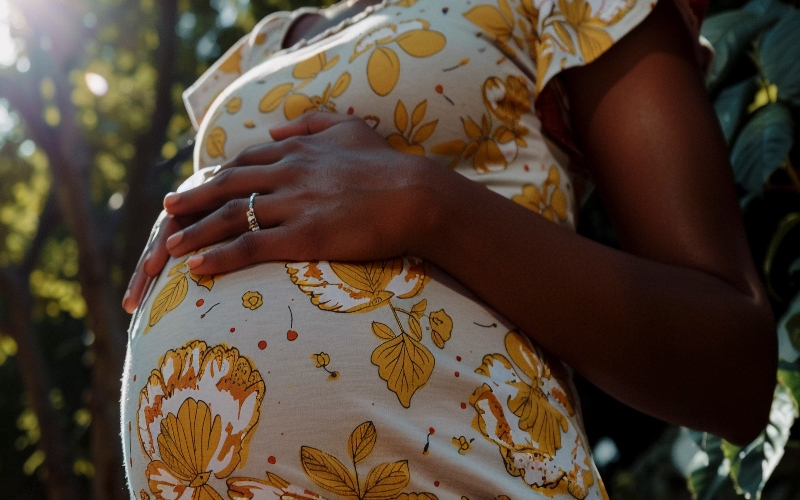Kenya's vehicle market faces steepest decline in seven years amid high taxation

A combination of factors, including increased taxation, rising interest rates, and currency fluctuations, have attributed this sharp decline, the most pronounced in seven years.
The first quarter of 2024 witnessed a significant downturn in Kenya's vehicle market, with sales plummeting by 17.66 per cent compared to the same period last year, according to data from the Kenya Motor Industry Association (KMIA).
A combination of factors, including increased taxation, rising interest rates, and currency fluctuations, have attributed this sharp decline, the most pronounced in seven years.
More To Read
- Cars registered before 2019 must reach Kenyan ports by December 2025 - KEBS
- Motor vehicle sales soar as lending rates fall amid economic recovery
- Motor vehicle insurance tops fraud cases in Kenya - IRA report
- New car sales hit 2025 low in May as government spending, economic strain weigh on market
- KRA defends new vehicles valuation list, citing economic shifts
- Car importers warn KRA's new valuation list will collapse market, cost jobs
In the January–March 2024 period, new vehicle dealers and assemblers managed to sell only 2,271 units, a stark contrast to the 2,758 units sold in the corresponding period of 2023.
This double-digit decrease has pushed orders for new motor vehicles to the lowest levels seen in a decade, reflecting the challenging economic environment characterised by weak corporate and household earnings.
Dealers such as Isuzu, CFAO Motors Kenya, and Simba Corporation have voiced concerns over the tough operating conditions. Climbing interest rates, reaching as high as 25 per cent, have deterred potential buyers from seeking financing for vehicle purchases.
Further, fluctuations in the exchange rate, particularly the depreciation of the shilling against the US dollar, have exacerbated challenges in importing vehicles and parts.
The weakened exchange rate affected most vehicle orders placed earlier, despite some stabilisation in the currency in mid-February.
Import duty
The imposition of higher taxes has further strained the automotive market. The Kenya Revenue Authority increased duty on imported vehicles from 25 per cent to 35 per cent in July, leading to a significant rise in overall vehicle prices.
Additionally, excise duty and value-added tax (VAT) on vehicle imports have contributed to the escalation of costs for both dealers and consumers.
KMIA data reveals that Isuzu East Africa and CFAO Motors Kenya, major players in the market, experienced substantial declines in sales. Isuzu's sales contracted by 12.3 per cent, although its market share increased to 45.4 per cent.
Similarly, CFAO recorded a 21.6 per cent decline in sales, indicative of the industry-wide challenges faced by dealers.
Despite the overall downturn, Simba Corporation emerged as a notable exception, with a modest 2.8 per cent growth in sales.
This positive performance helped the company increase its market share to 11.2 per cent.
The declining demand for vehicles has not gone unnoticed by government officials.
Treasury Secretary Njuguna Ndung’u highlighted the impact of reduced vehicle imports on government revenues, signalling the need for policy interventions to address the situation.
Top Stories Today














































